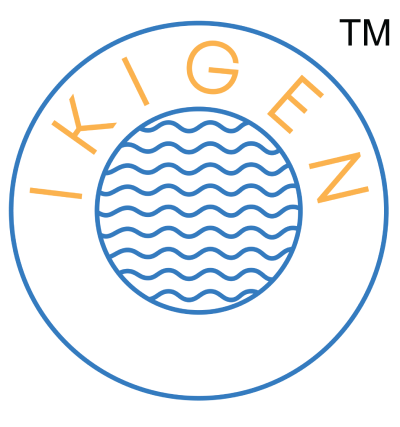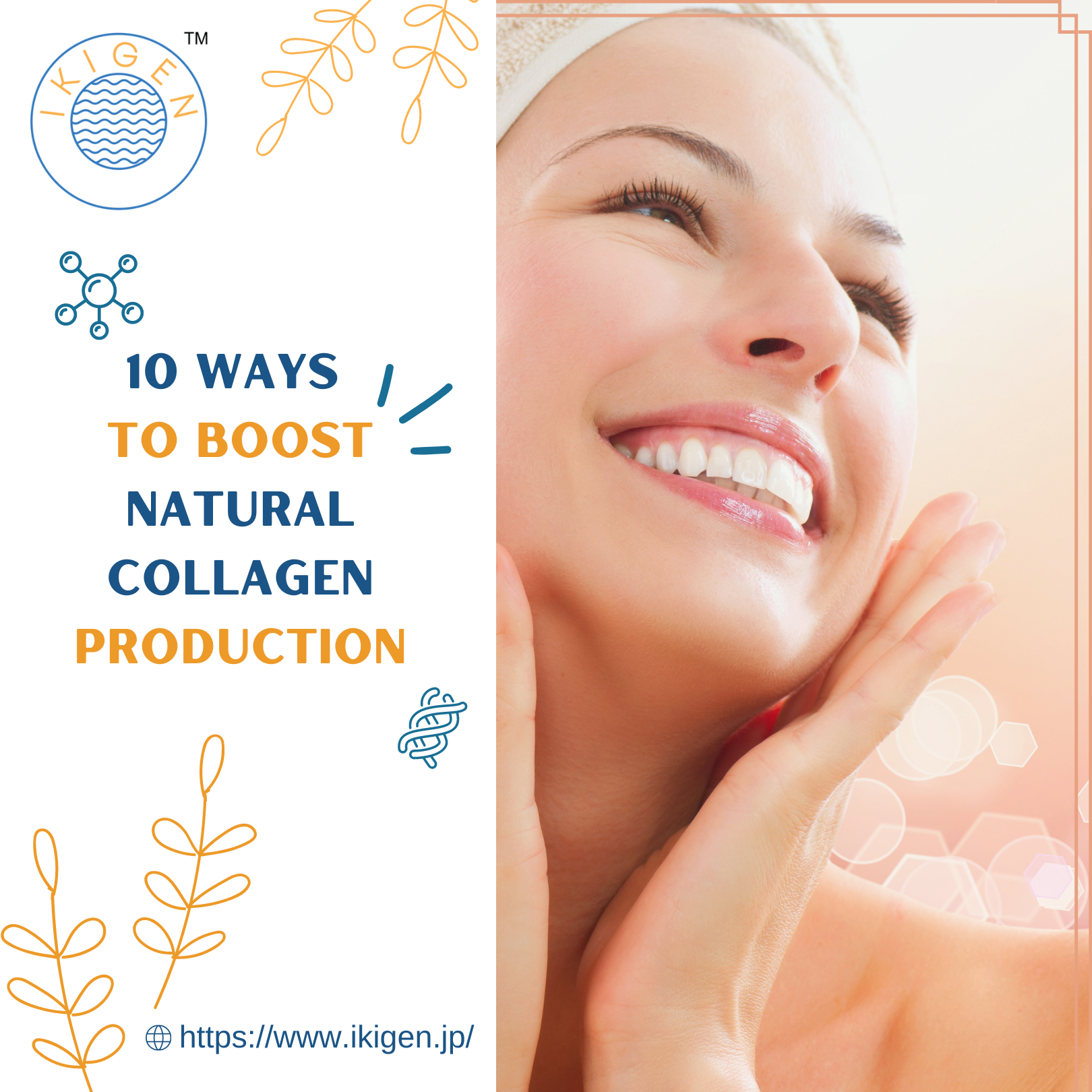Collagen is a protein that can help keep the skin looking smooth. As age and other factors reduce collagen levels, the skin loses its elasticity, and lines can form.
The body produces collagen naturally, but as people get older, the amount and quality of collagen fall. One result of this is lines and wrinkles in the skin.
Here, find out what collagen is, how it affects the skin, and what approaches may help boost it.
What is collagen?
Collagen is the most abundant type of protein in the body and a key component of the skin.
It is present in numerous tissues, including muscles, bones, tendons, blood vessels, and the digestive system. It plays a key role in many bodily functions, including wound healing.
Ways to boost collagen
Many people are looking into ways of boosting collagen in the skin to stop wrinkles and other signs of skin aging. Here are some options.
1. Collagen supplements
Collagen is a protein found in connective tissues in your body. It is located in your skin, bones, tendons, and ligaments. Its main job is to help tissues withstand stretching.
As you age, your body makes less collagen. Some people try to restore collagen by taking collagen supplements.
Collagen supplements may benefit some parts of the body, including aging skin, bone density, and joint health.
2. Hyaluronic acid
Collagen Cream with Hyaluronic acid is a compound that helps promote collagen production.
Dermal fillers, which aim to reduce lines in the skin, often contain hyaluronic acid. A combination of hyaluronic acid and a purified polynucleotide helps in boosting the amount and quality of collagen in the skin and enhances skin elasticity.
3. Vitamin C
Vitamin C is an essential trusted source for the production of collagen. A vitamin C deficiency can lead to low collagen levels, resulting in a potentially serious condition known as scurvy.
Symptoms of scurvy include:
- gum problems
- skin symptoms
- problems with wound healing
The human body cannot make vitamin C, so people need to get it from the diet.
4. Aloe vera gel
People often use aloe vera gel to treat the skin after sunburn or ease a rash. Aloe vera contributes to the growth of cells that benefit the skin.
People can use products containing aloe vera as a topical cream or gel or an oral supplement.
5. Ginseng
Ginseng is a plant with a wide range of possible health benefits. Ginseng increases the amount of collagen in the bloodstream.
Ginseng has anti-inflammatory and antioxidant properties. Red ginseng may reduce the stiffness of fibroblasts, part of the structure of collagen. It may help improve the elasticity of the skin.
People can use ginseng in tea, tinctures, and collagen supplements.
6. Cashews
Being rich in copper and zinc, cashews aid in boosting the body’s capacity to boost collagen.
7. Antioxidants-Rich Food
Not all antioxidants can boost collagen, but they can surely help the existing ones function effectively. They protect and revitalise the skin. You can include green tea, cinnamon, liquorice extract, blueberries, pomegranate extract, and other food items that are rich in antioxidants in your diet as often as possible.
8. Garlic
It is high in sulfur, a trace mineral that helps generate and prevent collagen breakdown. Trace minerals are essential minerals that are required in tiny quantities by the body.
9. Limit Your Added Sugar Intake
A diet rich in sugar promotes the formation of advanced glycation end products (aptly called AGEs) that break down collagen, says Chwalek. Limit sugar consumption by reading the back of food labels and looking at either the “added sugar” line in the nutrition label or reading the ingredient list.
10. Retinol and other carotenoids
Carotenoids, such as retinol and beta carotene, are antioxidants that can help boost skin health. They are derivatives of vitamin A.
Research indicates that topical retinoids may help protect the skin from sunlight by preventing UV rays from breaking down collagen.


One Comment